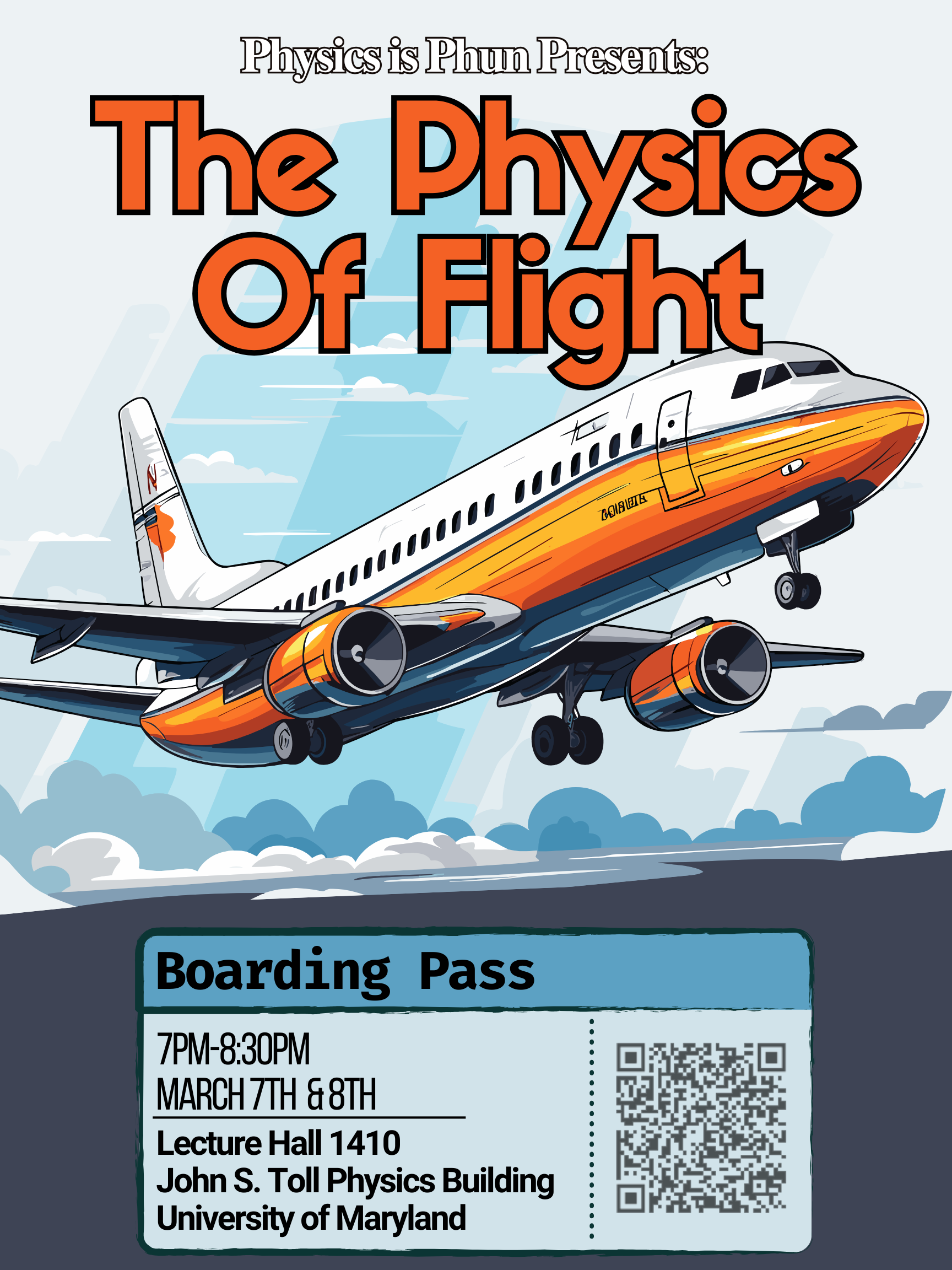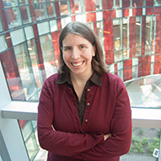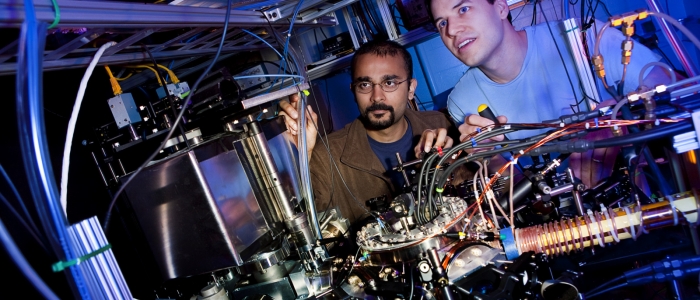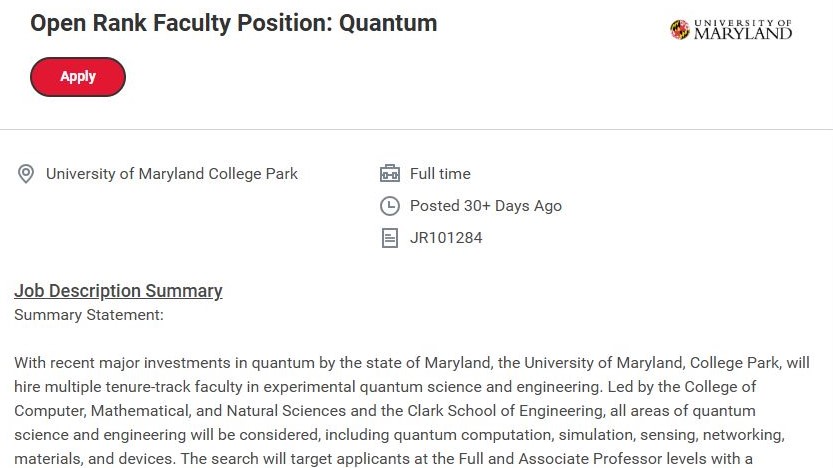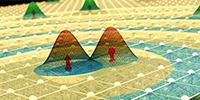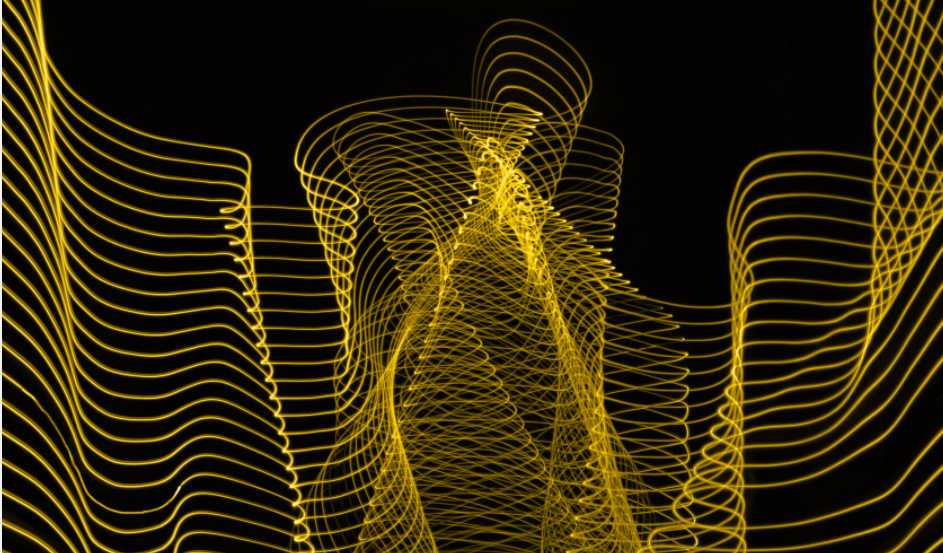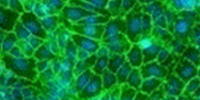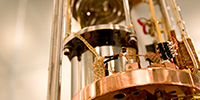AI and Physical Sciences
- Details
- Created: Thursday, November 11 2021 11:49
- Last Updated: Wednesday, December 04 2024 10:11
- Written by Anne Suplee
- Hits: 3045
The AI and Physical Sciences research area unites faculty from diverse fields and programs, including physics, biophysics, chemical physics, chemistry, and applied mathematics, to drive innovation at the intersection of AI, machine learning (ML), and the physical sciences. This research area emphasizes the unique role of physics—particularly statistical physics, quantum mechanics, and nonlinear dynamics—in developing next-generation AI methods. Through this program, students can explore a broad range of application areas. UMD’s strength in these disciplines positions it as a leader in shaping an AI-first approach to the physical sciences, fostering advances that push both fields forward.
Personnel
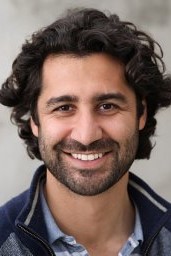 Maissam Barkeshli
Maissam Barkeshli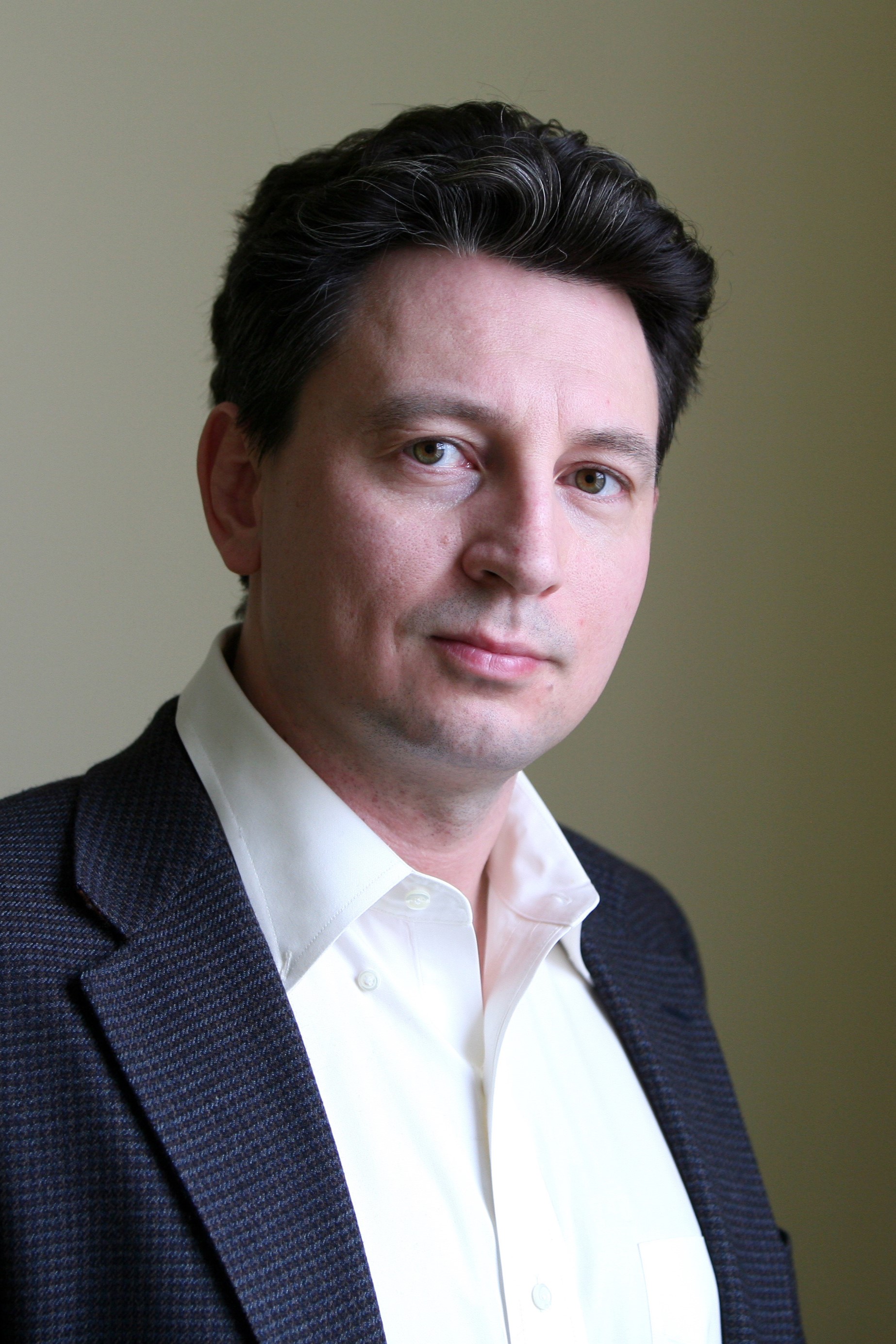 Victor Galitski
Victor Galitski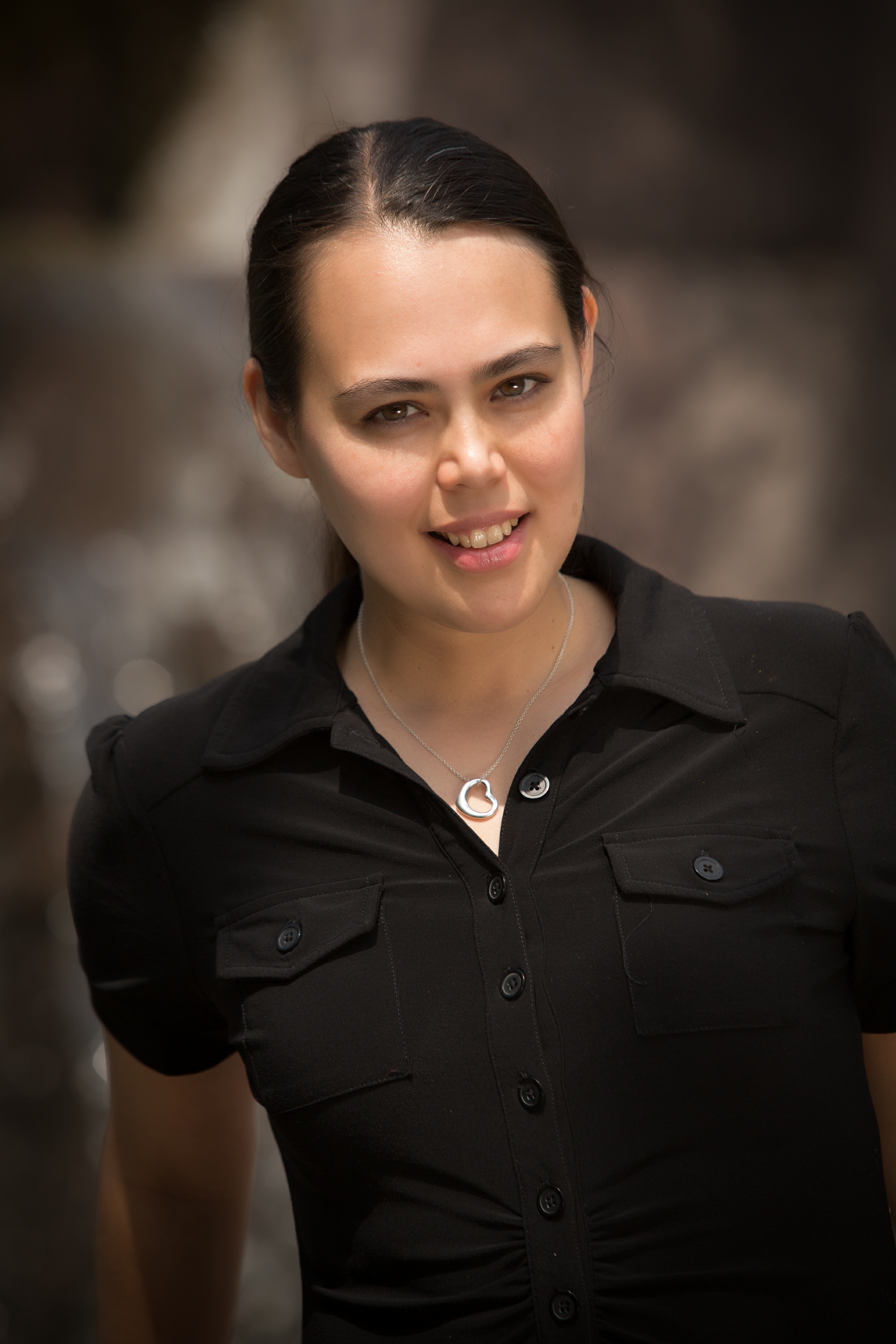 Michelle Girvan
Michelle Girvan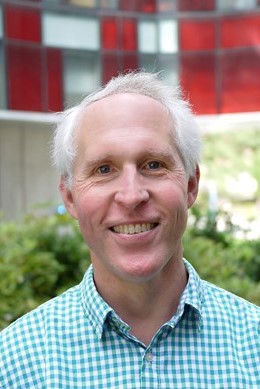 Chris Jarzynski
Chris Jarzynski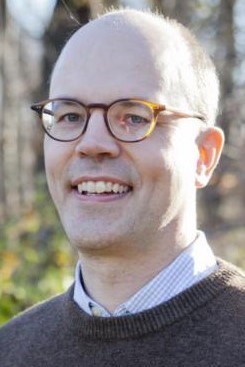 Wolfgang Losert
Wolfgang Losert Praytush Tiwary
Praytush Tiwary
Research Areas
- AI approaches for next-generation molecular structure and dynamics prediction
- Statistical physics and nonlinear dynamics approaches to AI
- Convergence of Neurophysics and AI (Biocomputing)








